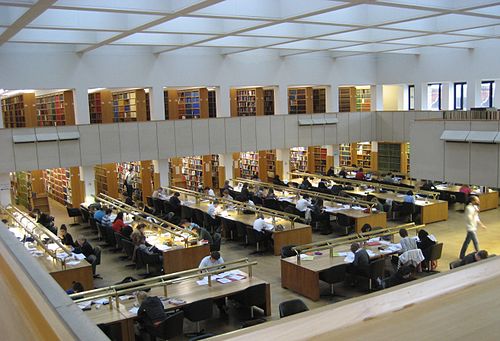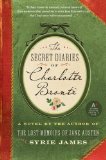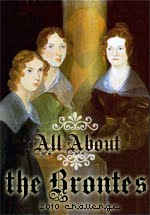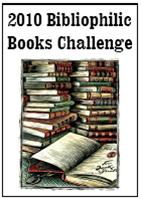
I am kind of a sucker for books about literary scholars hunting down lost books. I really loved Possession by A. S. Byatt, and I enjoyed The Physick Book of Deliverance Dane immensely, too. Yes, I know, I need to read The Shadow of the Wind. It’s in my pile.
Right now I’m reading two books that treat on the subject of lost books and literary scholarship. I am listening to A Discovery of Witches by Deborah Harkness in the car during my commutes. I halfway wish I were reading it so I could linger a little over some passages, though I have to say the narrator of the audio book is pretty good with different voices for different characters and the like. The Bodleian Library at Oxford features heavily in the book as the main character, Diana Bishop, discovers a lost book while conducting her research in the history of alchemy. What the book contains interests not only Diana’s fellow witches (she is a descendant of Bridget Bishop and the Proctors), but also her fellow creatures—vampires and daemons. Despite a desire not to use her powers and her Aunt Sarah’s admonition to stay away from vampires, it’s looking like the good Dr. Bishop won’t be able to avoid either, especially when Matthew Clairmont, geneticist vampire enters the picture. I am really enjoying this book so far.
And speaking of vampires, the other novel I started this week is Lord Byron’s Novel: The Evening Land by John Crowley. It’s an odd book—a mishmash so far of emails between Alexandra “Smith” Novak and several other characters, including her partner in the US, who seems to be a math student; her estranged father; and fellow writer/editor at a women’s science history website that Smith works for. In between are chapters of a novel purportedly written by Byron with commentary from his daughter, Ada Byron King, Lady Lovelace. I have to say that Crowley has captured the sort of writing Byron would do very well. The novel reads like a Romantic novel in every sense of the word, from the florid, overblown language to the larger-than-life characters and sweeping landscapes. One can’t help but think of Mary Shelley and Sir Walter Scott. Of course, after finishing Passion by Jude Morgan, I wanted to read more of the Romantic poets.
I suppose I like these kinds of literary—I don’t want to use the word thrillers because the imminent threat of death isn’t looming on every page, although something is—anyway, these kinds of books are compulsively readable. I relate to the idea of wanting to make a huge literary or historical discovery and these kinds of books give me that vicarious thrill.




